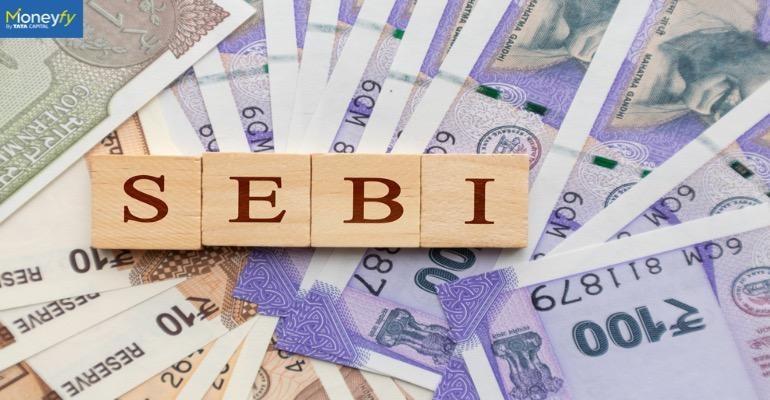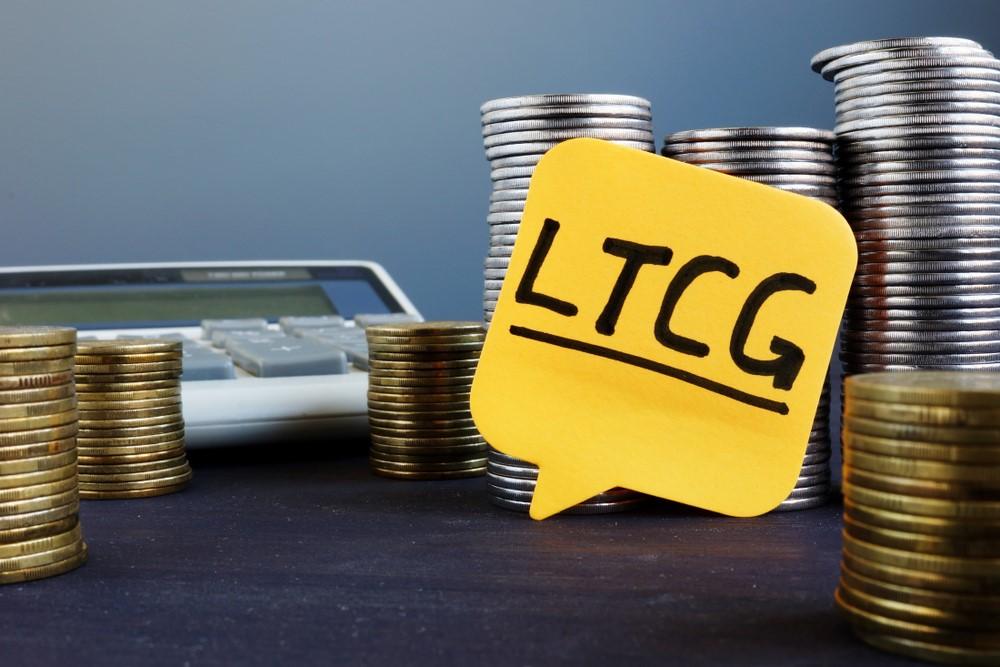You’ve saved Rs. 1 lakh in a bank deposit to let it sit safely and grow over the next two years. But…life happens. Your laptop may break before a big project deadline, a family member might need medical help, or an unmissable travel opportunity could arise. In such cases, you need immediate access to your money.
That’s when you think of premature withdrawal of the Fixed Deposit (FD). But what does this mean, and how does it affect your money? Let’s break it down.
What Is Premature Withdrawal of an FD?
A premature withdrawal of an FD is a situation where you break the deposit to access the money before the agreed tenure ends. You may want to consider this in case of unexpected circumstances, such as a medical emergency, sudden home repairs, travel expenses, or education fees. Sometimes, it’s also about taking advantage of time-sensitive opportunities like investing in other options for higher returns.
Breaking an FD before maturity is possible. But it has a few consequences, which you can learn in the following sections.
What Happens When You Withdraw Your FD Early?
If you ever need to access your FD before its maturity, it’s important to understand how it affects your returns and finances.
- Penalty charges
The first and most immediate effect is penalty charges. Banks reduce the interest rate you earn, usually by 0.5% to 1.5%, to compensate for the early withdrawal.
- Reduced interest earned
This reduction means the interest you receive will be lower than what you initially expected.
Suppose you put Rs. 1 lakh in an FD for two years, expecting to earn Rs. 14,000 as interest. But if you need to withdraw after one year, the bank may adjust the rate because of the premature withdrawal of an FD. Now, instead of earning Rs. 7,000 for the first year, you might get only Rs. 5,500. Your principal of Rs. 1 lakh stays safe, but the interest you actually take home is lower, which is the cost of premature withdrawal.
Note: Interest earned from FDs is subject to Tax Deducted at Source (TDS). During a premature withdrawal of an FD, the TDS is adjusted as per the reduced interest. So, your tax liability might change.
Alternatives to Premature Withdrawal of an FD
If you don’t want to lose any interest, here are some options that you can consider instead of breaking an FD before maturity:
Your FD can act as collateral, allowing your bank to extend a secured loan against it. You can access funds immediately, and your deposit continues to earn interest.
Some banks let you withdraw only a portion of your FD. This way, you meet urgent needs while leaving the rest of your investment untouched.
Tips to Manage Your FDs Wisely
Managing your FDs carefully can help you stay on track with your financial goals. Here are some steps that you can incorporate:
- Always check the penalty rules before opening an FD.
- Match the FD tenure with your short- and long-term financial goals.
- Stagger multiple deposits with different tenures to create flexibility for unexpected expenses.
- Maintain a separate emergency fund to reduce the need for premature withdrawal of an FD.
Make Informed Decisions About Your Investments
Banks might allow breaking an FD before maturity, but it’s best done with a clear understanding of the penalties and reduced interest rates. You should consider alternatives like a loan against an FD to tackle emergencies without delaying your financial objectives.
Want to diversify your investments beyond FDs? Tata Capital Moneyfy makes it easy to invest in mutual funds. With intuitive tools and guidance, you can make informed investment decisions and meet your life goals.
Popular Searches
Learn Center
Mutual Fund Investment
Calculators
FAQs
Early withdrawal usually results in a penalty, which lowers the total returns on your investment. It can also affect your financial planning.
As per RBI’s latest guidelines in 2023, premature withdrawal is allowed for deposits up to Rs. 1 crore, expanding the earlier limit of Rs. 15 lakh.
No, premature withdrawal of an FD does not impact your credit score, as it is not a credit-based activity.
Yes, interest earned from FDs is taxable, and TDS is applied on the revised interest in case of early withdrawal.
Banks typically deduct 0.5% to 1.5% from the original interest rate as a penalty, though the exact rate varies by bank and tenure.
 4 mins read
4 mins read
 Previous Post
Previous Post

















